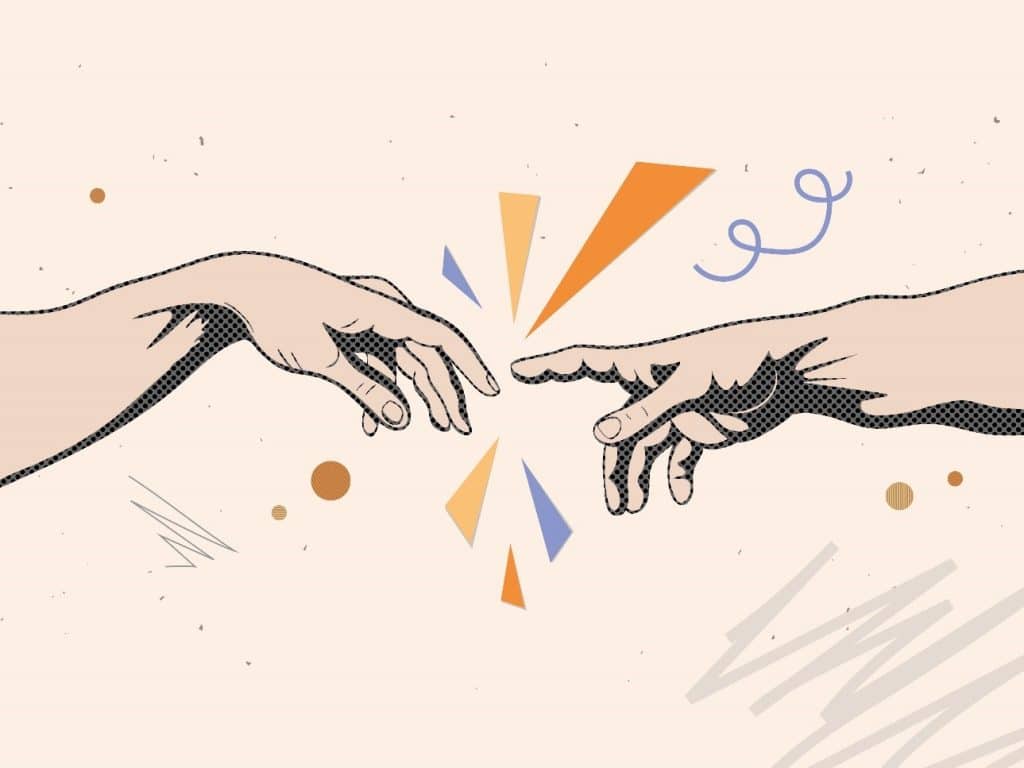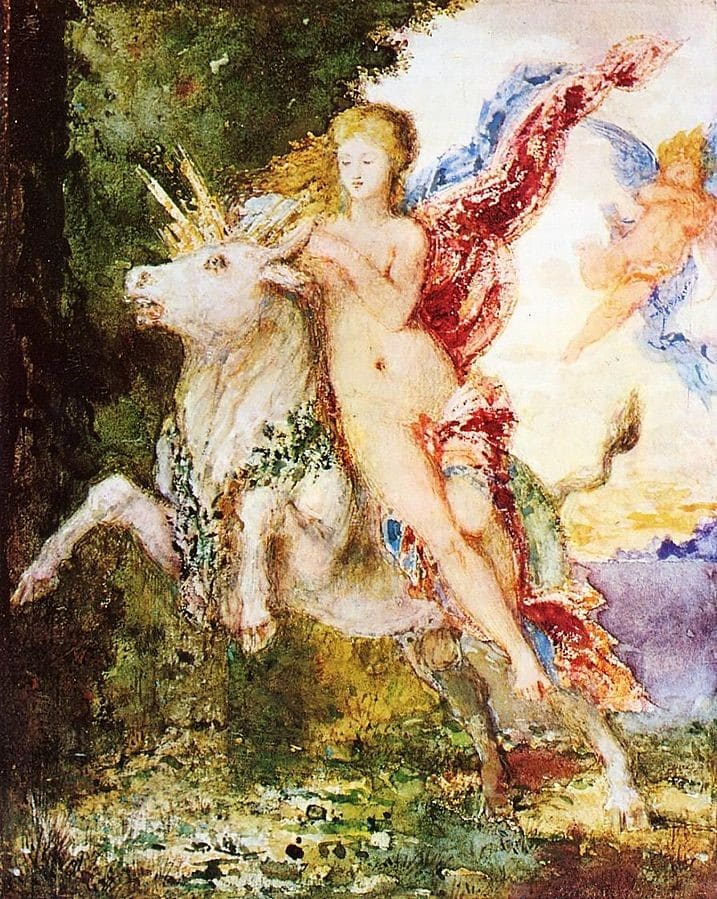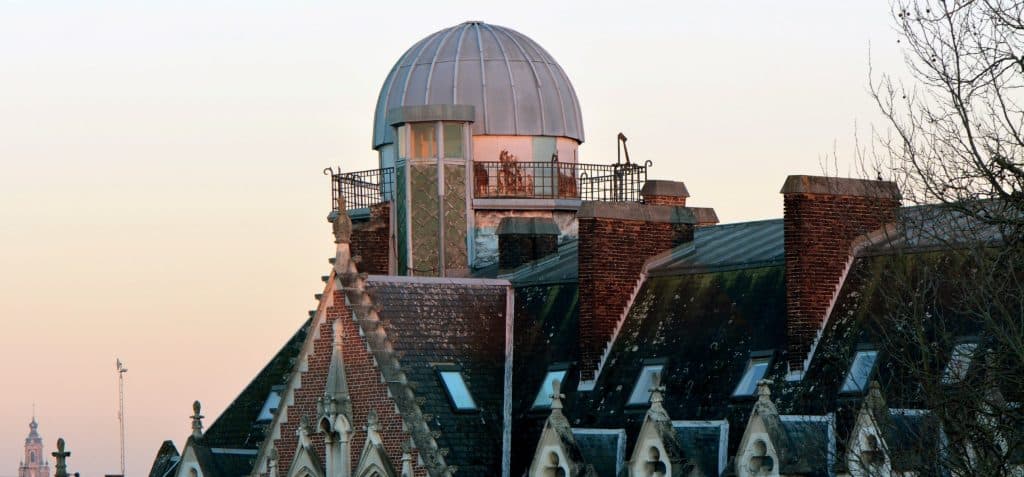Because humanism, ethics, and solidarity cannot be seen as “secondary,” the Université Catholique de Lille integrates Humanities into the heart of its academic courses.
Growing up in humanities: the Course
In addition to the courses issued by each institution, the University offers all students courses that combine Ethics, Humanism, and Service-learning. This course, “Humanities,” aims at the human and humanistic structuring of students so that they can find more meaning and hope to act with others for the common good in our complex world.
- Six modules on issues of Ethics, Humanism, and Service-learning.
- Interdisciplinary courses, open to students of all of the Université Catholique de Lille insitutions.
- Crossed expertise: engineers, economists, managers, lawyers, literati, philosophers, theologians. . .
- Workshops, reverse classes, serious games, oratory bouts, conferences, service experiences with a vulnerable public. . .
Students can cumulate the ECTS credits obtained from each module throughout their years of study and eventually get a University Degree “LES HUMANITÉS.”

HIGH ETHICAL DEBATES IN INTER-INSTITUTION TEAMS AND ABOUT SOCIETAL ISSUES!
Objectives
Open from the second year as part of the course “Les Humanités”, the WIKIFACTORY DES FUTURES SOUHAITABLES (WIKIFACTORY OF DESIRABLE FUTURES) allows students from our various institutions to think as teams on a question of their choice, about the relationships between Ethics and Futurology. To do this, each team is supported by a “coach” and guided through 25 hours of courses and guided works in which students learn to forge their best response to their research question through collective deliberation sessions and meetings with “experts.” During the program, each team will prepare several creative deliverables turned towards the public: posters, podcasts, videos, etc.
Practical information
- 25h
- 3 ECTS
- October 2024–April 2025 / Midday or from 6 p.m. (for most activities)
- Open to all university students from the second year of the bachelor’s program
Coordination
Vincent AUBERT, Lecturer in Philosophy

A JOURNEY TOWARDS A REINFORCED ECOLOGICAL CONSCIENCE
Objectives
This program is designed to enhance awareness and enrich the understanding of ecological issues through a series of interactive workshops and practical projects.
By integrating ethical reinterpretation moments at each stage, the program provides knowledge and trains conscious citizens who can think critically about the implications of their actions on the environment.
Practical information
- 20h in person
- 3 ECTS
- October to December 2024 / From 6 p.m. (for most activities)
- Open to all university students
Coordination
Anne-Sophie LOISON, Pedagogical Designer–Project Development – LIDD (School of Design)

COMBINING EMOTIONAL, SCIENTIFIC, AND EXISTENTIAL INTELLIGENCES
Objectives
How do art and literature allow the experience of a person’s integral development across the corporal, psychological, and spiritual dimensions?
This module is experiential:
Learning to understand texts and artworks with artists and writers and discovering their spiritual dimensions
Developing creative skills and various types of intelligence, from arts (painting, music. . .) and literature (poetry, eloquence. . .)
Means
- Four major conferences
- Four creative and participatory workshops
- Participation in the organization of an exhibition (artistic work open to others)
- Personal research and experience reinterpretation
Practical information
- 20h
- 2 ECTS
- October to December 2024
- Open to all university students, no prior artistic skills required
Coordination
Thierry MAGNIN, President-Rector delegated to Humanities Université Catholique de Lille
Cécile MEURILLON, Coordinator–Humanities Université Catholique de Lille
humanitesucl@univ-catholille.fr
In collaboration with the Campus Créatif

DISCOVER A COMMON HERITAGE AND CO-CONSTRUCT TOMORROW’S EUROPE
This module tries to answer current questions in order to conscientize students in relation to a common European identity. Far from exclusively drawing on European history, this module stays open to the world and highlights transfers and hybridizations between different civilizations. In particular, it gives a significant space to the Mediterranean.
The “European Humanism module” leads to questions about Europe’s shared history, from antiquity to current European construction, both in terms of lighter and darker periods. The interrelationship between art history (art, literature, music) and Europe’s socio-political history is at the heart of this module.
The European Humanism module offers an immersive experience to students so that they can become conscious European citizens.
An introductory conference, reverse classes, serious games, excursions, visits, and trips. . . Through an innovative pedagogy based on a playful approach, this module aims to (re)discover a common heritage to co-construct tomorrow’s Europe together.
Students write their “European travel book” throughout the whole module. This is a group work that combines their analyses, discoveries, and reflections. Students are free to use any form of expression they want, such as texts, drawings, photos, etc.
Objectives
- Developing a humanist and European citizen consciousness
- Questioning the cultural roots of Europe
- Understanding the links between the arts and the politico-social dimension in Europe
- Appropriating Europe’s shared history
- Thinking about yesterday’s Europe in order to act for tomorrow’s Europe.
Practical information
- 20h
- 3 ECTS
- January to March 2025 / From 6 p.m. (for most activities)
- Open to all university students (from freshman year to M2, including international students). No specific prerequisites.
Coordination
Francesca TORTORELLA, Head of Mission Humanities, PhD in history. Jean TADDEI, LIDD, School of Design

AS PART OF THE 150 YEARS OF THE UNIVERSITÉ CATHOLIQUE DE LILLE, BACK TO THE FUTURE!
Objectives
This module aims to introduce students to the “Great Humanistic Figures” who have left a mark on society (Simone Veil, Pierre Teilhard de Chardin, Confucius…, etc.).
Practical information
- 22h in-person learning
- 3 ECTS
- January to April 2025 / From 6 p.m. (for most activities)
- Open to all university students
Coordination
Thierry MAGNIN, President-Rector delegated to Humanities Université Catholique de Lille
François PROUTEAU, Mission Head–Humanities Université Catholique de Lille
Cécile MEURILLON, Coordinator–Humanities Université Catholique de Lille

PEDAGOGY WITHIN DEGREE LEADING COURSES
Service-learning is a pedagogy within degree-leading courses of the Université Catholique de Lille that aims to promote a sense of solidarity. This connects the student, academic, professional, and NGO communities or people with vulnerabilities. The privileged fields of service-learning are the social sector (solidarity with the vulnerable), the ecological sector (solidarity with creation/Nature), and the intercultural fields (solidarity beyond differences).
Service-learning is not equivalent to a volunteering activity or an internship but is a process where serving, thinking, and learning are connected. Service-learning integrates the three dimensions of engagement, scientific knowledge, and learning through the reinterpretation (personal and critical) of experiences.
In 2022-2023 at the Université Catholique de Lille. . .
. . . Service-Learning, with 9 projects in 7 institutions (Faculty of Law, ESPAS-ESTICE, Institut Social de Lille-now called ESSLIL, Faculty of Theology, Faculty of Medicine, Maieutics and Health Sciences, EDHEC, USCHOOL), was already a reality that affected nearly 200 students, about twenty teachers, and various integration companies, associations, and local interlocutors, who welcomed and accompanied them on the field.
Coordination
François PROUTEAU, Mission Head–Humanities Université Catholique de Lille
University Degree “Humanities”

The Humanities at the heart of the digital, technological, economic, ecological, and social transitions
The University Degree “Les Humanités,” carried by the Université Catholique de Lille, is a “complement” to the degrees awarded by each institution as part of a program between institutions.
Objectives
- Developing ethical and responsible action
- Living through an interdisciplinary approach promoted by inter-institution concept
- Contributing to the integral development of the person
- Acquiring and articulating technical and relationship skills
Practical information
- 180h
- 12 ECTS
- Open to all university students
Head
Thierry MAGNIN, President-Rector delegated to Humanities


